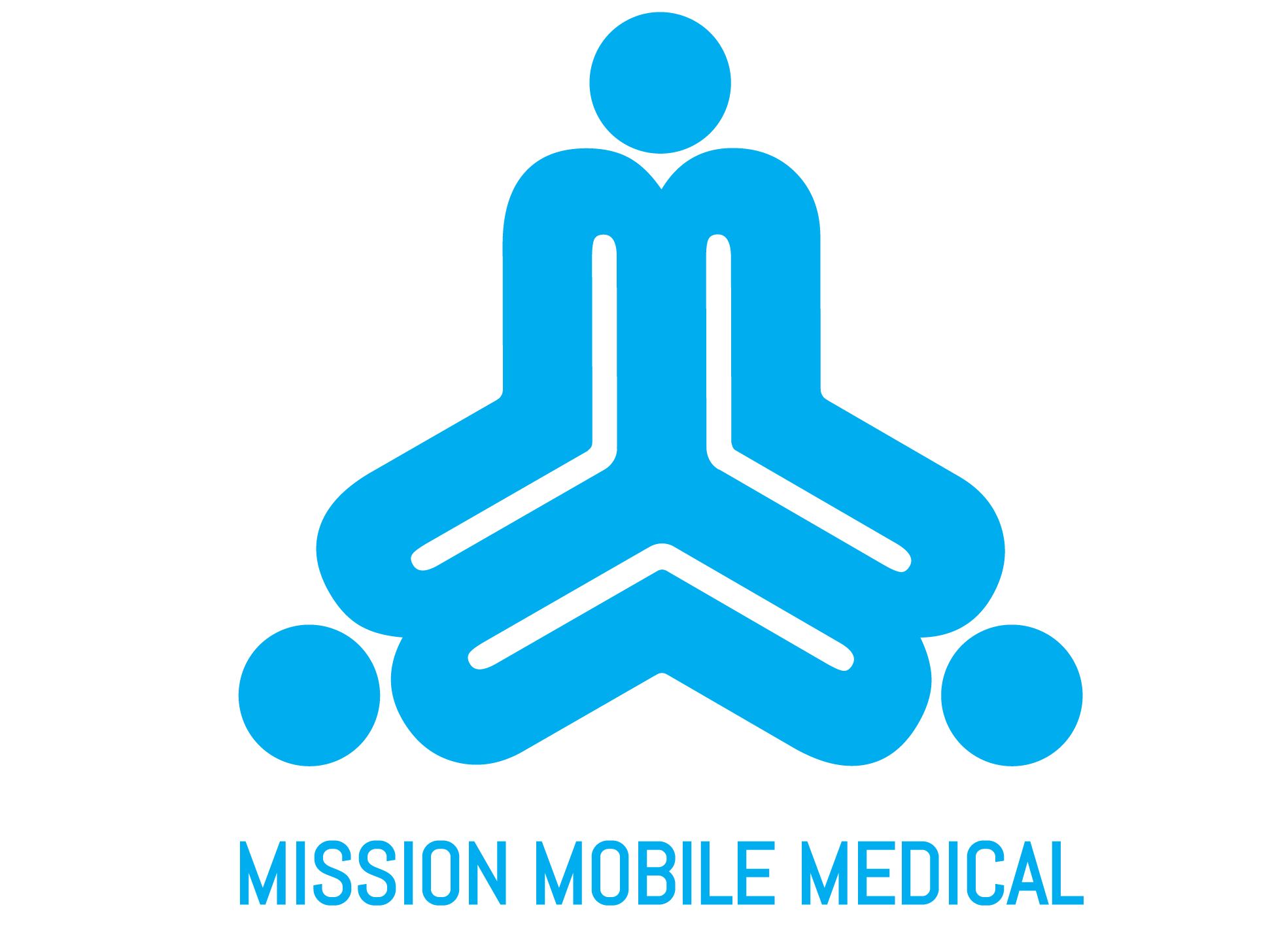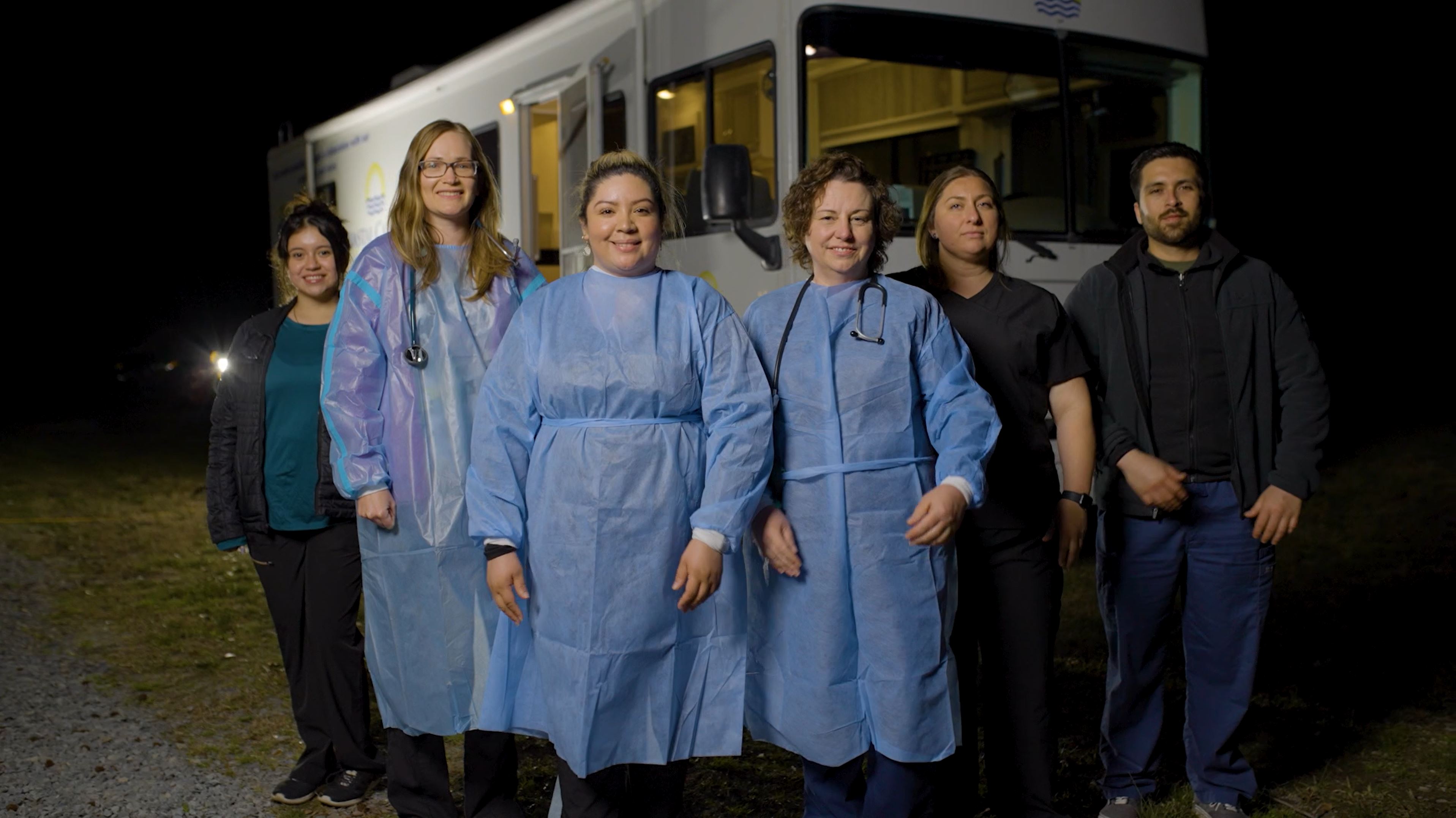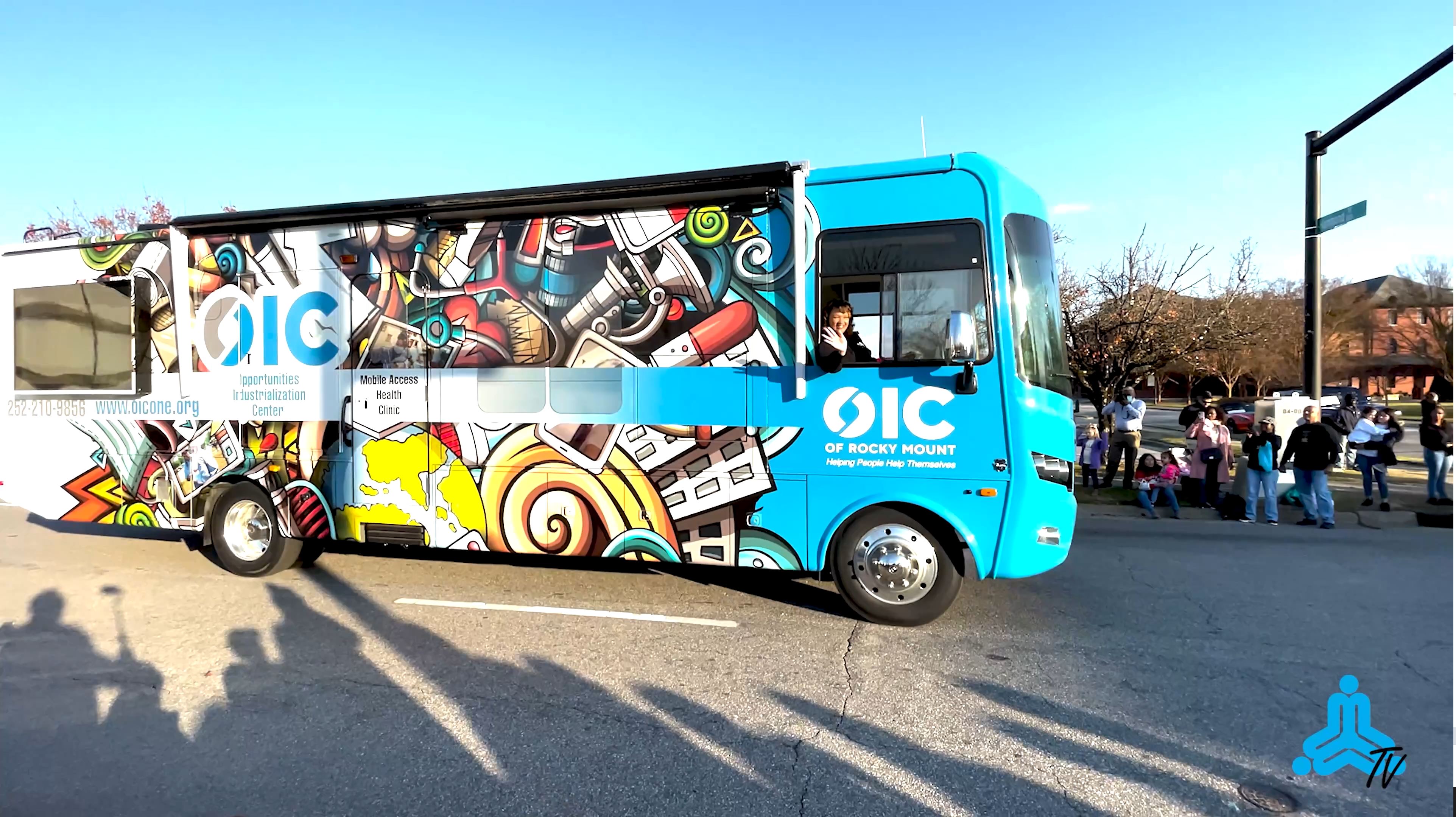Ultimate Guide to Starting a Mobile Medical Program
Ready to take your healthcare mission on the road? This definitive guide will provide all of the information you need to successfully launch your...
1 min read
 Mission Mobile Medical
Apr 24, 2023 5:18:21 PM
Mission Mobile Medical
Apr 24, 2023 5:18:21 PM

Mobile clinics are becoming an increasingly important part of health centers and their ability to provide comprehensive preventative, primary, and behavioral care along with substance use disorder treatment for their communities. As more communities have increasing demands on their healthcare systems, mobile clinics can be a valuable resource in meeting these needs.
Mobile clinics are so valuable in that they can provide services to underserved populations in areas where traditional medical facilities may not be available. Basic clinics are typically staffed by healthcare professionals and equipped with basic medical supplies, such as bandages and medication and offer in-clinic laboratory testing, which allows them to quickly diagnose conditions in remote locations without having to refer patients back to a hospital or clinic for additional care.

But when it comes to addressing mental/behavioral health, their benefits truly become clear. Mobile clinics allow FQHCs to broaden the scope of the care they provide by giving them the opportunity to address mental health needs within their communities. Mobile clinics allow FQHCs to offer behavioral health treatment options that would otherwise not be available due to lack of physical facilities or qualified staff members in the area. Whether via telehealth or via on-site care, FQHCs can deliver mental health screenings, specialized behavioral health treatments, and much more to places that desperately need it.
Mobile clinics also serve as an additional point of care for individuals who may need multiple types of treatment (behavioral and/or physical), but do not have easy access to a primary physician or specialty clinic. By providing comprehensive physical and mental health care at the same site, individuals are able better manage their overall health while reducing the burden on multiple locations which may result in less wait times and improved outcomes overall.
JBRC opened their clinic built by Mission Mobile Medical with a particular emphasis in addressing substance use and mental illness for vulnerable populations. Video featured by NJ Spotlight News
In summary, FQHCs can rely on mobile clinics as an integral part of providing quality care for their communities while addressing often overlooked mental health needs within these populations. As healthcare becomes increasingly complex, it will become even more important for FQHCs—as well as other healthcare providers—to make use of this invaluable resource so that everyone has access to quality healthcare regardless of location or financial constraints.

Ready to take your healthcare mission on the road? This definitive guide will provide all of the information you need to successfully launch your...
.jpg)
[Brunswick, GA] – [8/15/24] – In a bold move to address healthcare disparities in South Georgia and North Florida, Coastal Community Health and ...

We have seen the increasing demand for mobile clinics in providing healthcare services to underserved communities or remote areas with limited access...